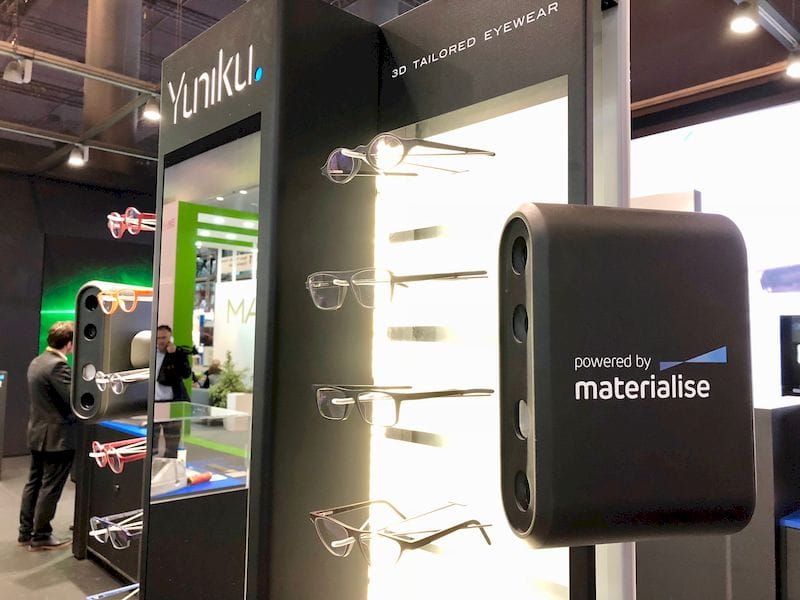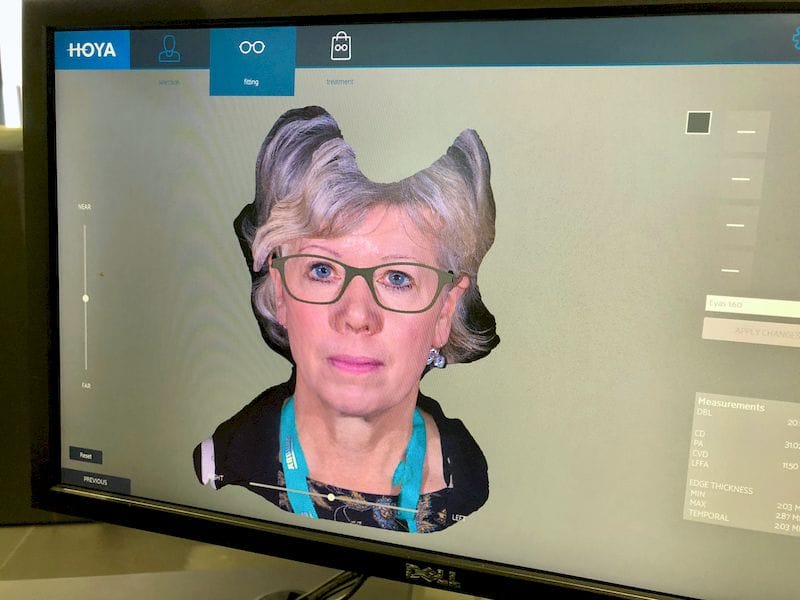
3D printing technology is a wonder of the 21st century, but it’s still quite hard to create applications.
One of the reasons behind this is the incredible ability of the technology to produce unique items on each print, far unlike mass production processes, where every item is identical.
Those new to the technology will immediately suggest an application involving 3D printing something custom for each customer, such as custom footwear. But there’s a huge catch: you need to somehow develop the correct 3D models for such unique prints before you actually produce them.
And it’s not only the lack of a 3D model; the 3D model has to be made “printable”; the 3D model has to be queued up on suitable 3D printers able to print it in the correct material(s); the completed prints must typically be post processed in some way to make them salable.
Those have been one of the barriers holding back 3D printing for years, as those with interesting ideas for applying 3D print tech don’t often have the ability to put together all the necessary software, equipment and services to produce the end-to-end result for customers.
One company that’s been trying to break down these barriers is Materialise. The Belgian company has created a kind of “digital supply chain” into which 3D print application ideas might be deployed.
We looked at one of their prototype applications in which they, with a partner, created a complete system for 3D printing precision-fit eyeglasses for consumers.

This system involved a kiosk-style 3D scanner that would quickly measure the subject’s relevant dimensions, and then using a specialized algorithm, dynamically create a 3D model that can be applied in an augmented reality display to simulate wearing the specs. Of course, their software in this case permits multiple styles and colors.
But here’s the interesting part: once the consumer selects a particular combination, it is dispatched through Materialise’s system for actual production. Materialise does not produce the high performance glass lenses used in the eyeglasses in this case, but they coordinate with their industry partner to build the complete product for shipment.
This supply chain system is definitely not plug and play, but it is a far step up from figuring out all these elements from scratch.
By demonstrating this one application, Materialise hopes to encourage entrepreneurs with custom 3D printed product ideas to engage with their ecosystem and create a viable production system for them.
It’s quite an interesting concept and I’m wondering how many new ideas might appear due to this capability.
Via Materialise

